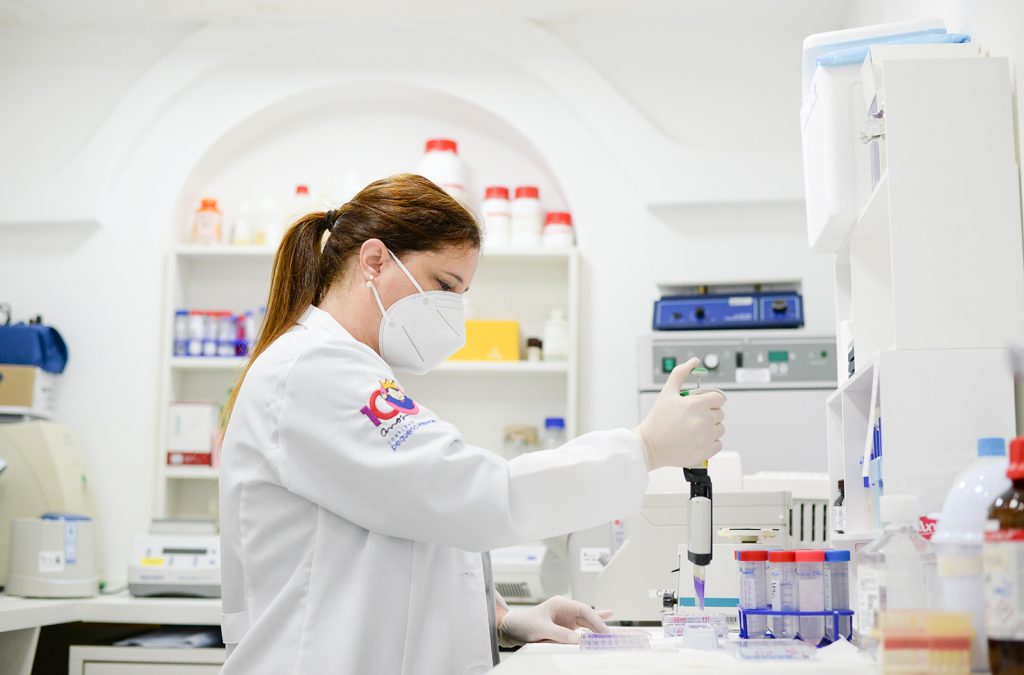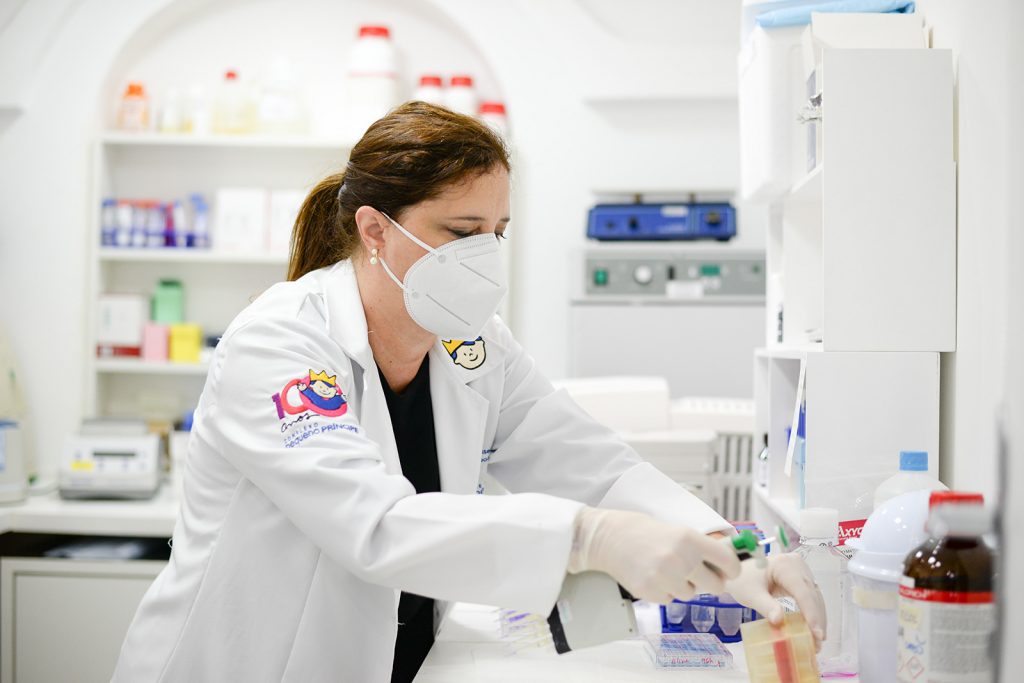Research investigates severe forms of COVID-19
Severity of the disease may be related to the presence of certain proteins in large quantities in humans
Another study involving researchers from the Pelé Pequeno Príncipe Research Institute has proven that some genetic and immunological factors are key for people infected by the new coronavirus (SARS-CoV-2) to develop severe forms of COVID-19.

A review article, released in the scientific journal Immunobiology, brought together information from 87 research studies – published from the start of the pandemic until July 2021 – and pointed out that some enzymes in human cells can act in concert with SARS-CoV-2 and facilitate infection with the virus. “These enzymes, such as ACE2 [an acronym for angiotensin II], are proteins that are located on the cell surface. What has been observed in patients infected with the new coronavirus is that they are more significantly present, above normal levels, in these people. It was also found that these proteins appear in an increased form in patients with chronic diseases such as hypertension, diabetes and other cardiovascular diseases, which makes them even more susceptible to infection by SARS-CoV-2,” explains Luciane Cavalli, researcher at the Institute.
These characteristics may also indicate why some infected individuals are asymptomatic or develop mild symptoms of COVID-19, while others have more severe symptoms and require hospitalization. “Aspects such as increased expression of the enzymes ACE1, ACE2 and TMPRSS2 [an acronym for transmembrane serine protease type II] may be determinants,” adds the researcher. Besides genetic factors, certain comorbidities, medications, age, and also a person’s gender can influence the presence of more or less of these enzymes. There are tests that can detect these components. “These are analyses that quantify the expression levels of the gene or protein. Some clinical laboratories provide these types of analyses,” says the scientist.

“All this knowledge can help define the most appropriate treatment that should be administered before the manifestation of clinical symptoms and, especially, before the disease progresses to a more serious condition,” says Luciane Cavalli. “What can be concluded is that there is a dynamic interaction between the genome of SARS-CoV-2 and that of humans. This correlation, influenced by genetic characteristics, directly impacts the manifestation of clinical symptoms and the progression of COVID-19,” concludes the scholar.
Get to know the institutions participating in this project:
Pelé Pequeno Príncipe Research Institute
Genomics Network of Guarapuava
Federal University of Paraná (UFPR)
State University of Londrina (UEL)
State University of Maringá (UEM)
State University of Ponta Grossa (UEPG)
State University of Western Paraná (Unioeste)
University of São Paulo (USP)
Midwestern State University (Unicentro)
Click here to read the complete article.
More
The Pequeno Príncipe Gala exceeds the fundraising goal
The event streamed by the Pequeno Príncipe’s YouTube channel shared touching stories of overcoming, celebrating science and life
Hospital provides healthcare for indigenous children and adolescents
The project is addressed to the urban village Kakané Porã and provides health monitoring in person and through teleconsultations








